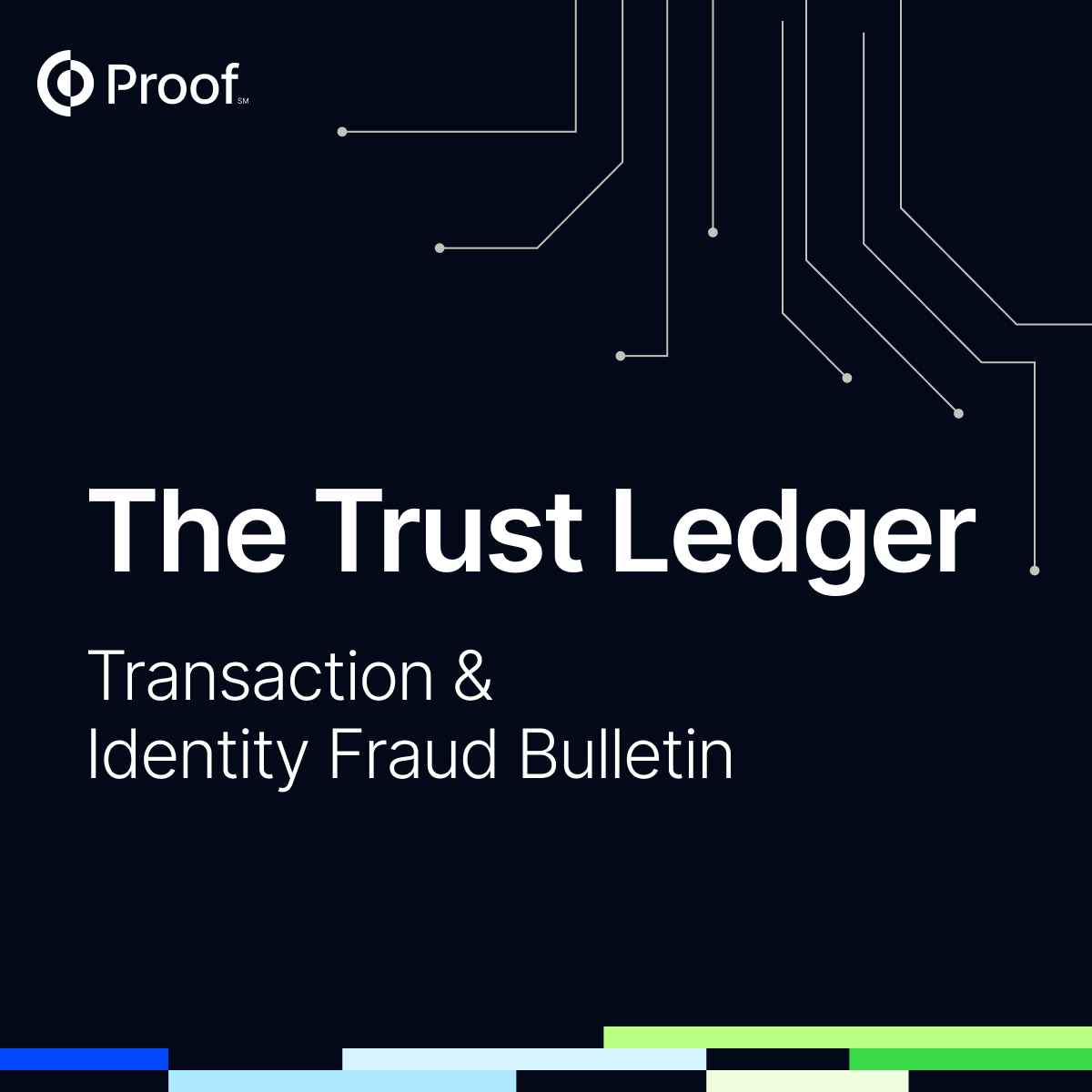Real Estate Wire Fraud: The Biggest Threat to the Real Estate Industry?


Real estate transactions are particularly susceptible to fraud, due to the number of parties, the amount of money changing hands, and the sheer amount of paperwork and individual steps required from the beginning to the end of the transaction.
One common type of real estate fraud is wire fraud, where fraudsters intercept and steal money transferred during real estate transactions. Funds intended to pay for a property are sent to a third party instead. The people being defrauded sometimes do not realize it for days, often too late to get the money back. According to AARP, real estate wire fraud is “rampant,” posing a serious threat to the real estate title business.
How does real estate wire fraud work?
Wire fraud happens when somebody tricks a buyer into wiring money to the wrong place, or they pretend to be a realtor and have payments disbursed into the fraudster's account. How? They do this by identifying a pending sale, and then, using public records information or in more severe cases breaching title or broker systems, building profiles of the parties involved. They then send emails to someone who is part of the real estate transaction - an agent, attorney, title agent or home buyer - and get that person to click on a malware link or offer up their login credentials. Then they assume the identity of that trusted party and forge the person’s email, including other details about the transaction.
Scammers are very sophisticated, and they use a number of tools to trick buyers into believing they are talking to their agent or another trusted party. Sometimes they use email addresses or phone numbers that look like the ones used by the agent or a lender. They contain personal information that only the agent or lender would know, so the recipient believes it is legitimate. Bad actors also use special software to “spoof” or mimic an agent’s phone number or email, so it appears to be a legitimate call or email.
Real estate wire fraud costs homebuyers billions of dollars every year, and is one of the most common cybercrimes being tracked today. According to CertifID, 1 in 20 Americans who bought or sold a house in the last three years have been victims of some type of real estate fraud. Buyers who are unaware of wire fraud are easily scammed, as the calls and emails they are receiving look valid, and the instructions they are given seem to be legit. Even when there are last minute changes, new buyers might not be on notice that getting new instructions at the 11th hour is unusual and worthy of investigation.
Sadly for these buyers, once the money has been wired to the criminals, it is usually gone forever, especially if time passes before the transaction has been discovered. Because buyers often don’t meet with title agents before closing, they have no idea that the money has been sent to the wrong place.
How can buyers prevent themselves from becoming victims of real estate wire fraud?
- Familiarize themselves with the closing process. Knowing what to expect, and when, can help raise red flags if the process goes awry. These conversations should not take place over email, as fraudsters can access this information to use to their advantage.
- Confirm all payment details with the lender in advance of closing. If buyers are given different instructions later, they will be on notice that something is wrong. Call before initiating any wire transfer to make sure all the details are right.
- Reconfirm communications with trusted parties using different types of contact information. Using multiple ways to get in touch with agents and lenders can thwart criminals who are relying only on a spoofed email or phone number.
- Resist the urge to comply with instructions that are rushed or confusing. Buyers should remain calm, focused and deliberate.
- Do not share sensitive financial information over email.
- If instructions change at the last minute, verify them independently. This applies to buyers, sellers, agents and title companies. Don’t act on information until it has been confirmed.
- Trust instincts. If something seems off or wrong, it very well may be. Hang up the call or do not respond to the email, and contact the agent via phone to check.
The American Land Title Association, who considers wire fraud to be one of the biggest threats to the title industry, has developed resources that title companies can use to help protect themselves and their clients from losses due to wire fraud.














































































.jpg)





.png)

.png)







.png)
















.jpg)













.png)
.jpg)

